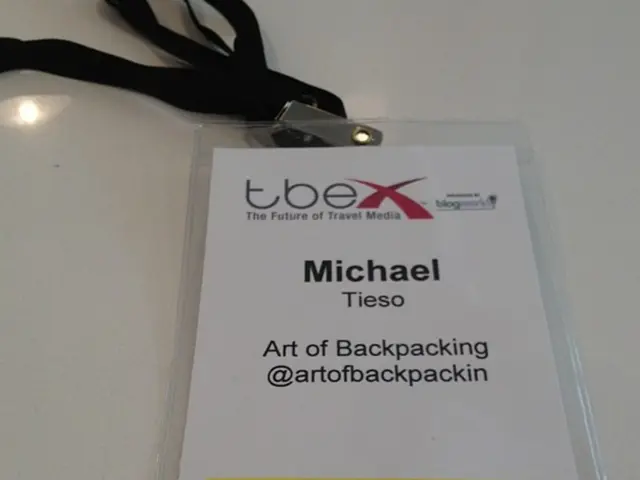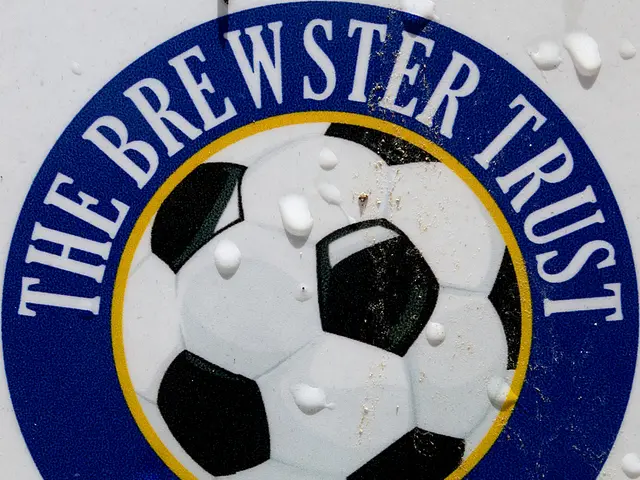Navigating the Web Safely: Dealing with Online Hate, Harassment, and Risks: Steps to Report
Online intimidation, abuse, and threats: understanding the process of filing complaints
Facebook Twitter WhatsApp Email Print Copy Link
Cyberbullying, biased posts, dangerous merchandise, and misleading practices in the digital realm call for action. Learn how to channel the essential tip to the right source.
Whether it's prejudiced posts on social networks, risky products on e-commerce platforms, or violations of consumer rights like questionable designs on websites, anyone suspecting illegal activities online should take a stand. But where to?
Independent bodies, known as Trusted Reporting Entities, are a good starting point. Through their online form, submit your report, and these entities conduct an investigation, potentially forwarding the case to the relevant platform or service.
Reports from Trusted Reporting Entities Take Precedence
Trusted Reporting Entities, or trustworthy informants, arise from the European Union's Digital Services Act (DSA). Users may be familiar with it under its English name. The DSA aims to enhance transparency and accountability in handling content and products on online platforms.
Why not file a report about suspected illegal content directly with the respective platform? There is a compelling reason: Reports of suspicious material from recognized Trusted Reporting Entities receive priority, and the platform operator is required to respond immediately, such as deleting content.
The Landscape of Certified Reporting Points Expands to Four
So far, only Respect, a reporting point managed by the Baden-Württemberg Youth Foundation focusing on online hate and harassment, has been certified. Recently, the Bundesnetzagentur (Federal Network Agency), Germany's Digital Services Coordinator, has authorized three more trustworthy informants:
- Hate Aid, focusing on digital violence, scams, and deception, particularly on social media platforms.
- Verbraucherzentrale Bundesverband (vzbv), concentrating on e-commerce platforms and social media sites concerning consumer rights, product safety, online trading, and fraud.
- Bundesverband Onlinehandel (BVOH), focusing on intellectual property protection and unfair competition, particularly on e-commerce platforms. The organization primarily accepts reports from its members, often involving plagiarism allegations or alleged violations of competition law.
If Platforms Refuse to Act, They Must Explain Why
Neither the Bundesnetzagentur nor the Trusted Reporting Entities remove content or order its removal. The respective platform or service remains responsible for deciding whether to delete an offer or content. If platforms decline to delete content, they must provide an explanation.
More on the Topic "Act Against Digital Violence" - Buschmann Advances with Account Suspensions to Curb Hate Online
The decision or measures taken by a platform can always be questioned by the individual making the report or the affected party via the platform itself, through an out-of-court dispute resolution body, or through the courts.
Ultimately, the courts determine whether content is illegal and must be removed or was rightfully not removed.
Source: ntv.de, awi/dpa
- Marco Buschmann
- Federal Ministry of Justice
- Traffic Light Coalition
- Social Networks
- Hate Comments
- Network Enforcement Act
- Bullying
- IT Security
- Legal Issues
- Social Media
Insights:
- Digital Services Act (DSA) - The DSA focuses on promoting transparency and accountability on online platforms and addresses the role of Trusted Reporting Entities in reporting online hate, harassment, and other dangers.
- Trusted Reporting Entities - These entities are recognized under the DSA for their expertise in identifying and notifying illegal content online.
- Digital Markets Act (DMA) - The DMA emphasizes fair competition in digital markets by imposing rules on large platforms, but it does not directly address the role of Trusted Reporting Entities in reporting online hate or harassment.
In the midst of navigating digital spaces, it's crucial to remember the importance of reporting suspicious activities to Trusted Reporting Entities. These entities, sanctioned by the European Union's Digital Services Act, prioritize reports regarding questionable content, consumer rights violations, and more on various platforms.
When it comes to lifestyle, home, and sustainability matters, it's equally vital to seek credible information from reliable sources. Adopting a sustainable-living approach often requires making informed decisions based on accurate, trustworthy details about products and practices, found in reputable home-and-garden publications and trusted online resources that align with one's values and preferences.








